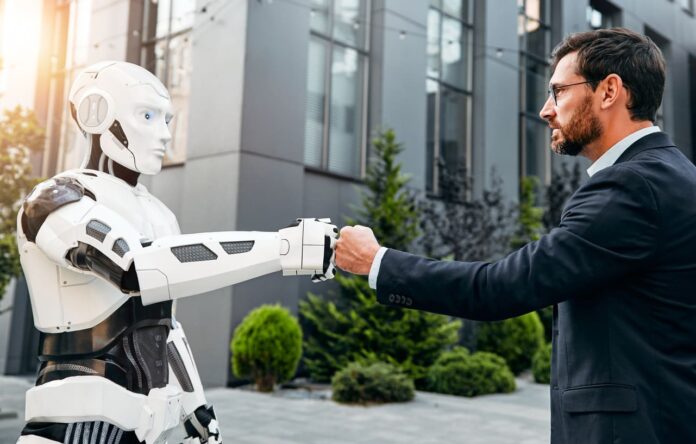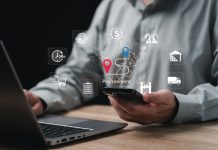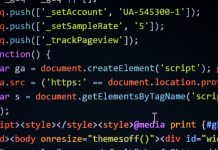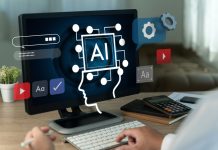In today’s tech-driven society, TechHBS.com is at the forefront of showcasing how artificial intelligence (AI) revolutionizes various industries. Across sectors from healthcare to finance, the influence of AI is significant. This article will delve into 10 examples of artificial intelligence in real-world applications, illustrating how these technologies enhance our lives and work.
1. AI in Healthcare: Improving Diagnostics and Treatment
Artificial intelligence has significantly improved diagnostic accuracy and treatment plans in healthcare. AI algorithms analyze medical data to identify patterns, predict diseases, and recommend personalized treatment options. For example, AI-powered imaging systems assist radiologists in detecting anomalies in X-rays and MRIs with high precision. By integrating what is artificial intelligence with examples, we see its transformative potential in early disease detection and effective patient care.
2. AI in Finance: Revolutionizing Fraud Detection
The finance sector relies heavily on AI for fraud detection and risk management. AI systems actively oversee transactions as they occur, detecting suspicious behaviors and thwarting fraudulent activities. Machine learning algorithms scrutinize past data to forecast and manage potential risks. By incorporating artificial intelligence examples, financial institutions enhance security and protect customers’ assets.
3. AI in Retail: Personalized Shopping Experiences

Retailers utilize AI to provide personalized shopping experiences. AI algorithms scrutinize customer behavior and preferences to suggest products customized to individual tastes. Virtual shopping assistants and chatbots enhance customer service by offering instant support. This integration of 10 examples of artificial intelligence demonstrates how AI improves customer satisfaction and boosts sales.
4. AI in Transportation: Optimizing Traffic Management
AI plays a crucial role in optimizing traffic management and improving transportation systems. AI-powered smart traffic lights assess live traffic conditions to minimize congestion and improve road safety. Autonomous vehicles use AI for navigation and collision avoidance, providing a glimpse into the future of transportation. These AI examples highlight the efficiency and safety benefits of AI in urban mobility.
5. AI in Education: Personalized Learning Paths
Educational institutions utilize AI to develop customized learning experiences for students. Adaptive learning platforms use AI to assess students’ strengths and weaknesses, tailoring educational content to their needs. AI-powered tutors provide real-time feedback and support, enhancing the overall learning process. By incorporating examples of AI, education becomes more accessible and effective for all learners.
6. AI in Customer Service: Enhancing Support
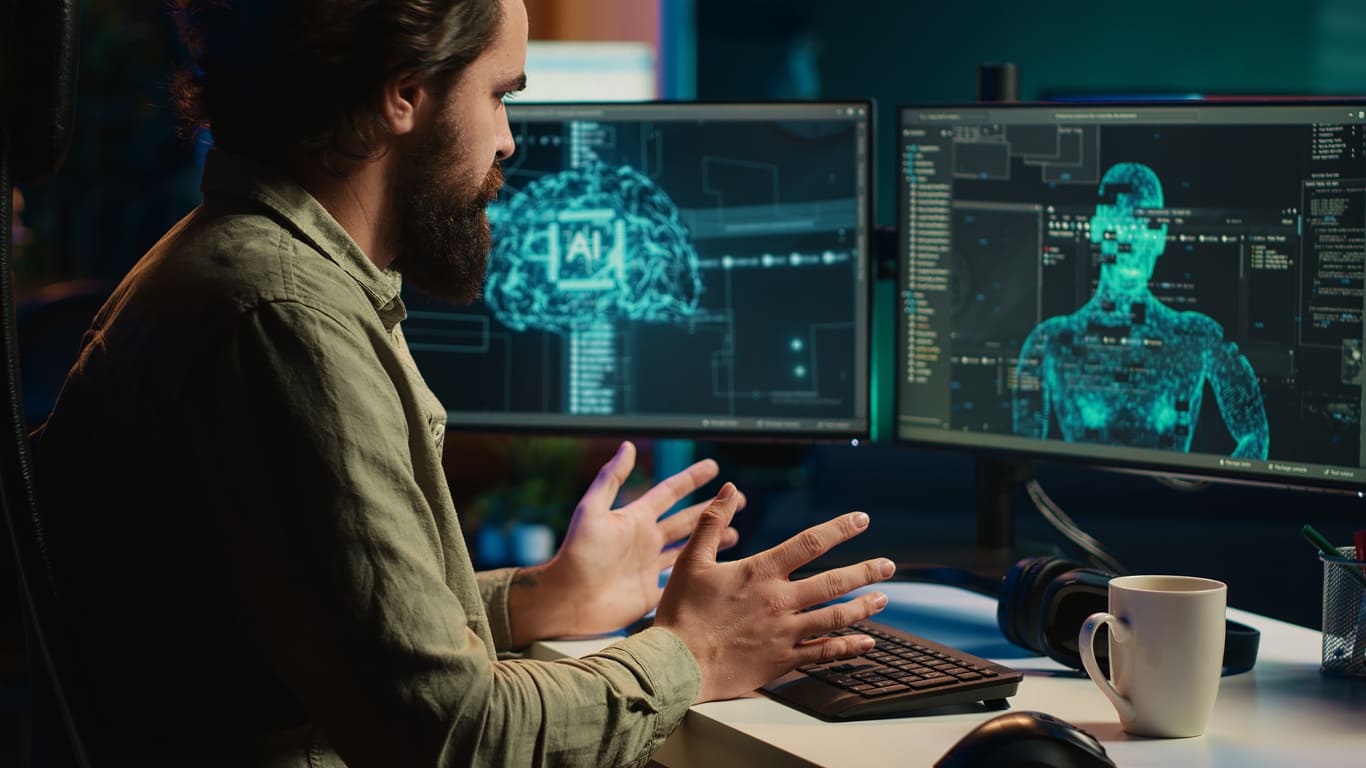
Customer service departments benefit from AI through automated support systems. Chatbots and virtual assistants manage everyday questions, allowing human agents to focus on more complex matters. AI analyzes customer interactions to improve service quality and predict customer needs. This incorporation simplifies operations and improves customer satisfaction.
7. AI in Manufacturing: Improving Efficiency and Safety
Manufacturing industries utilize AI to optimize production processes and enhance safety. AI-driven robots execute repetitive tasks with accuracy, minimizing human errors and enhancing overall efficiency. Predictive maintenance systems use AI to monitor equipment health and prevent breakdowns. Manufacturers can streamline operations and ensure a safer work environment.
8. AI in Agriculture: Boosting Crop Yields
Agriculture benefits from AI through precision farming techniques. AI technologies examine soil health, weather trends, and crop conditions to deliver insights based on data analysis. Drones utilizing AI technology oversee crop health and enhance the efficient use of resources. These examples showcase how AI enhances agricultural productivity and sustainability.
9. AI in Energy: Optimizing Resource Management
The energy sector leverages AI to optimize resource management and reduce environmental impact. AI algorithms analyze energy consumption patterns to predict demand and improve grid efficiency. Renewable energy systems use AI for better resource allocation and maintenance. The energy industry can achieve more sustainable and efficient operations.
10. AI in Entertainment: Enhancing Content Recommendations
Entertainment platforms use AI to personalize content recommendations. Streaming services analyze user preferences and viewing habits to suggest relevant movies and shows. AI-powered algorithms create dynamic playlists and improve user experience. These examples illustrate how AI keeps users engaged and satisfied with tailored content.
Conclusion
AI’s integration into various sectors demonstrates its transformative potential. From healthcare to entertainment, these 10 examples of artificial intelligence in real-world applications show how AI enhances efficiency, safety, and personalized experiences. As technology continues to evolve, the possibilities for AI’s impact are limitless, driving innovation and improving our daily lives.


